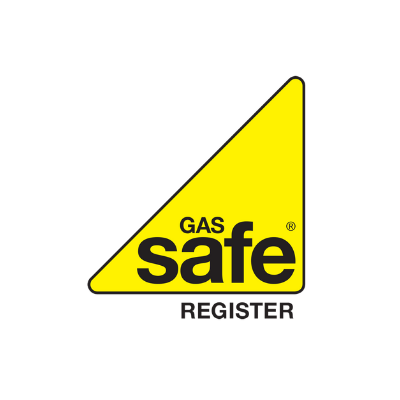Boiler Servicing
Don't risk not having your boiler serviced
every year, it's just not worth the potential issues.
Why you need a boiler service




What to expect on your boiler service
Visual inspection
The engineer will visually inspect the boiler, clean and adjust components as necessary, look for any signs of damage, and identify any signs of distress that are immediately visible.
Operation and control
Your boiler has a number of controls and safety devices that will be tested for correct operation. An engineer will check that all of the boiler functions are working correctly, should they be required.
Flue and combustion releases
The engineer will check the construction, termination and route of the flue (pipe from your boiler to the outside of your house). They will make sure there are no obstructions in the flue terminals and that the flue is safely fitted.
Clean the main boiler components
During a boiler service, the engineer will inspect and clean the main components in the boiler to ensure they are fit for purpose and have no noticeable defects. This will include the main burner, heat exchanger, flue ways, and ignition pins.
Checks, checks, checks
There are lots of tests to tick off during a boiler service checklist inspection. These include:
- Flame sense device and whether it operates correctly
- Pilot burner and any cables and probes
- High-limit thermostat
- Boiler operation
- Provision of adequate ventilation
- Flue effectiveness
- Heating controls
- Electrical wiring connections
- Location of the boiler and nearby combustible materials
- Gas and pressure flow
- Safety devices
- Seals
Conduct a record
The engineer will undertake a series of tests and checks, making a record of each – this will include a record of the boiler pressure or heat input. As the homeowner, you’ll then be able to keep this information for future inspections or when problems arise.

